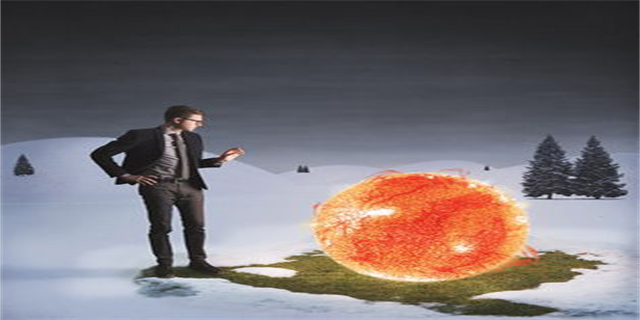madness(Madness Exploring the Enigma of the Human Mind)

Madness: Exploring the Enigma of the Human Mind
Madness, an enigmatic concept that has confounded the minds of philosophers, psychologists, and ordinary individuals alike. It is a subject that triggers a myriad of emotions and perceptions, ranging from fear and pity to fascination and curiosity. What is madness? How does it manifest itself? Is it a flaw or a window into a deeper aspect of the human psyche? In this article, we delve into the intricacies of madness, attempting to unravel its mysteries and gain a deeper understanding of the human mind.
The Faces of Madness
Madness does not have a singular face; it comes in various forms, each with its own peculiarities and manifestations. From the delusions and hallucinations of schizophrenia to the intense emotional lows of depression and the unpredictable mood swings of bipolar disorder, there is a vast spectrum of mental disorders that fall under the umbrella of madness. These conditions not only impact the individual experiencing them but also ripple through the lives of those around them, creating a complex web of challenges and support networks.
Breaking the Stigma
For centuries, madness has been stigmatized and misunderstood. People with mental disorders have been ostracized, marginalized, and subjected to cruel treatments in an attempt to \"fix\" their perceived aberrations. However, in recent times, there has been a growing recognition of the importance of mental health and a push to destigmatize madness. Campaigns, like \"Time to Change\" and \"End the Stigma,\" have endeavored to create awareness, foster empathy, and provide much-needed support to those grappling with mental health challenges.

It is essential to recognize that madness does not define a person. It is merely one facet of their lived experience, just as physical ailments are. Mental disorders do not make individuals weak or lesser; they are battling invisible demons that require compassion and understanding. By breaking the shackles of stigma and fostering a culture of empathy, we can create an environment where individuals struggling with madness can seek help without fear or judgment.
The Dark Brilliance Within
Madness, paradoxically, seems to have an uncanny relationship with brilliance. From Vincent van Gogh's tormented masterpieces to the poetic genius of Sylvia Plath, many renowned artists, writers, and thinkers have battled their inner demons. Some theorize that madness provides a unique perspective, allowing individuals to tap into subconscious realms and break free from societal constraints. However, this association between genius and madness should not romanticize or glorify mental disorders. It is crucial to remember that mental health challenges can be debilitating, and not every individual experiencing madness possesses a hidden brilliance.
The Search for Answers
Despite the advancements in the field of psychology and psychiatry, the origin and mechanisms of madness remain largely elusive. Scientists continue to explore the intricate workings of the brain, searching for answers hidden within its complex neural networks. Genetic predispositions, environmental factors, neurotransmitter imbalances, and brain abnormalities are all being investigated in the quest for a better understanding of this enigmatic phenomenon.

The hope is that deeper insights into the nature of madness will lead to more effective treatments and interventions. The field of psychological therapy is continually evolving, offering new approaches such as cognitive-behavioral therapy, mindfulness-based practices, and psychopharmacology. By combining a comprehensive understanding of the human mind with compassionate care, we can empower individuals battling madness to live fulfilling and meaningful lives.

Conclusion
Madness remains an enigmatic puzzle, one that continues to perplex and intrigue. As society moves towards greater acceptance and understanding, it is imperative that we confront our biases and educate ourselves about mental health. By recognizing the human behind the madness, we can create a world that supports and uplifts individuals, allowing them to navigate the labyrinth of the mind with strength and resilience.











